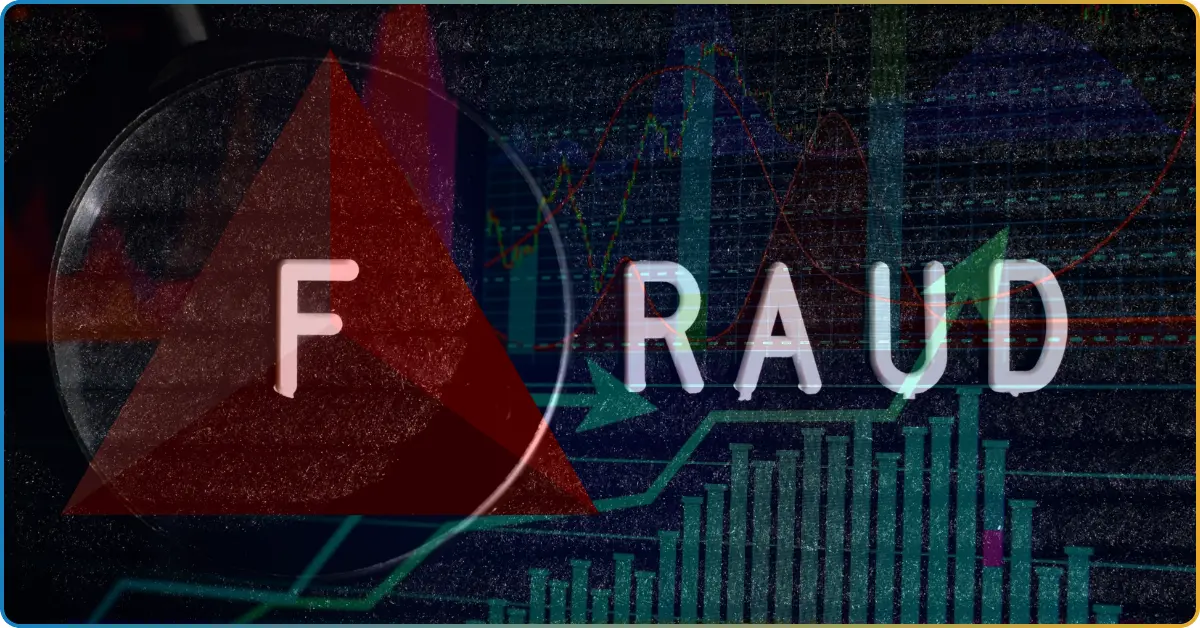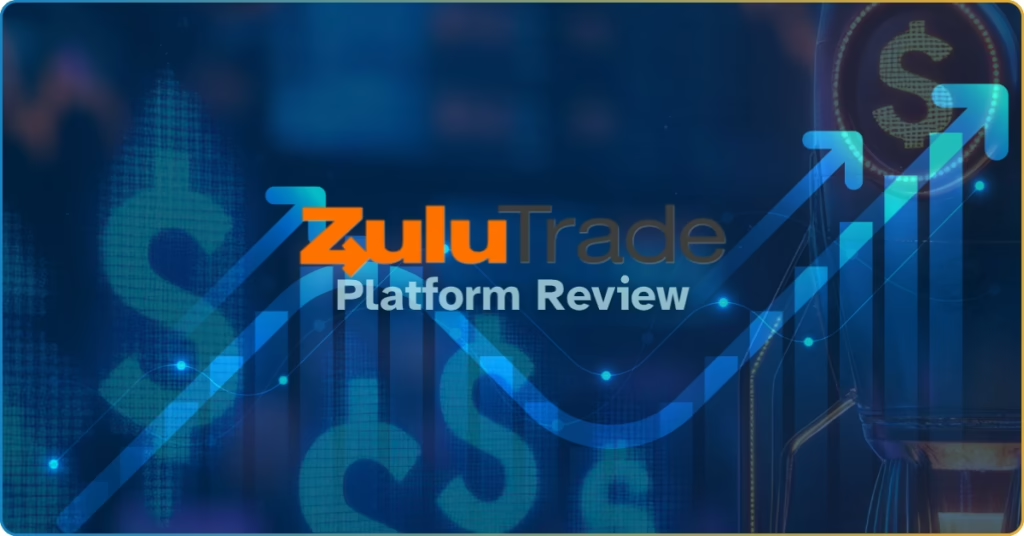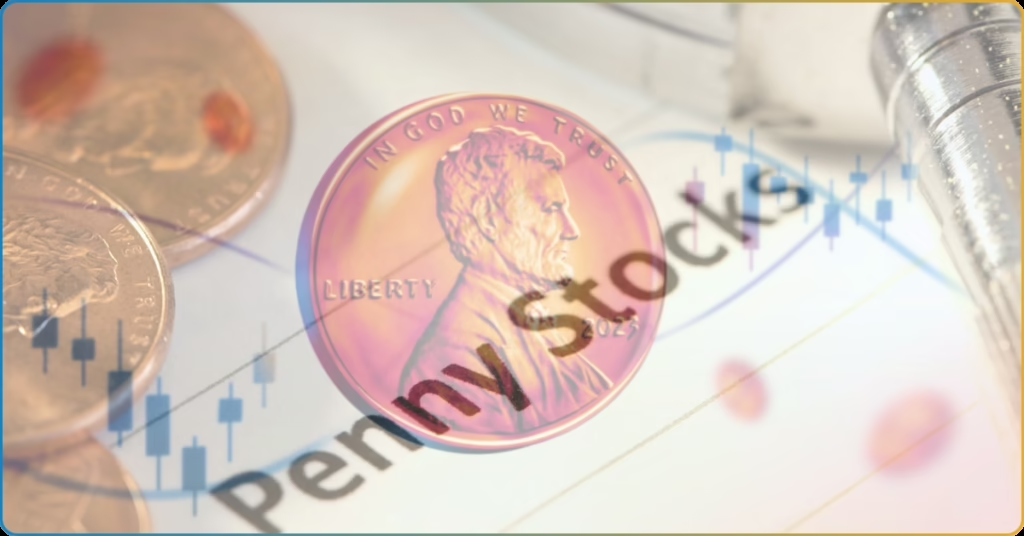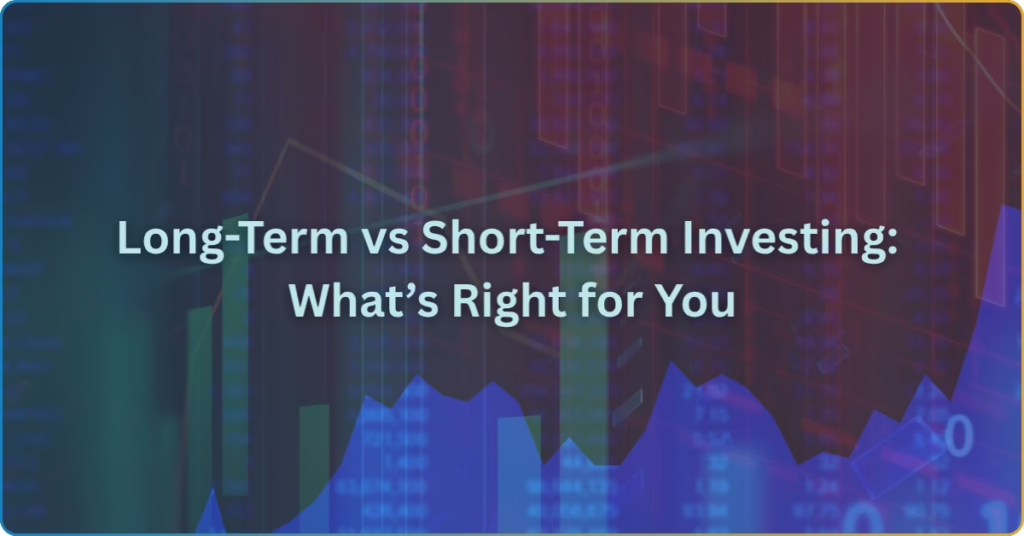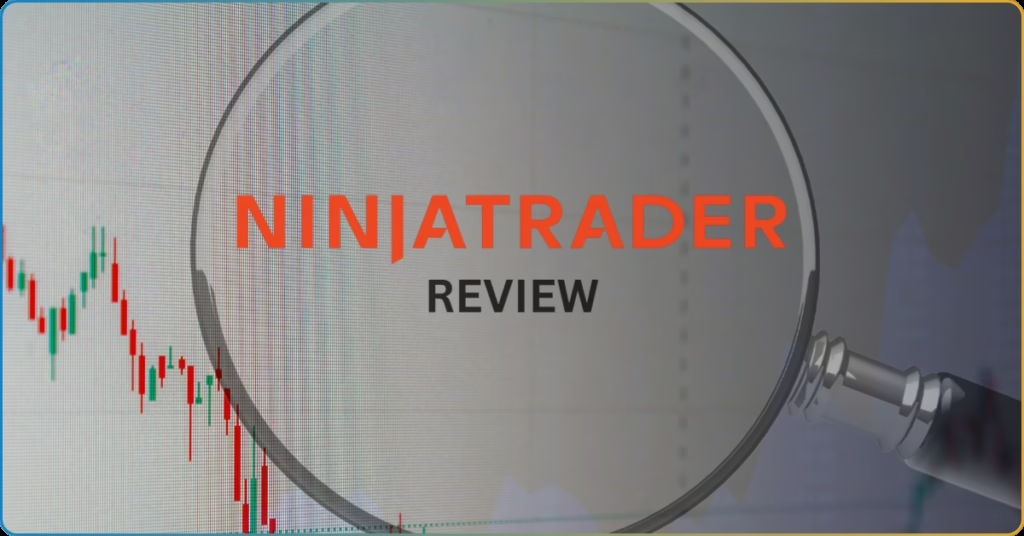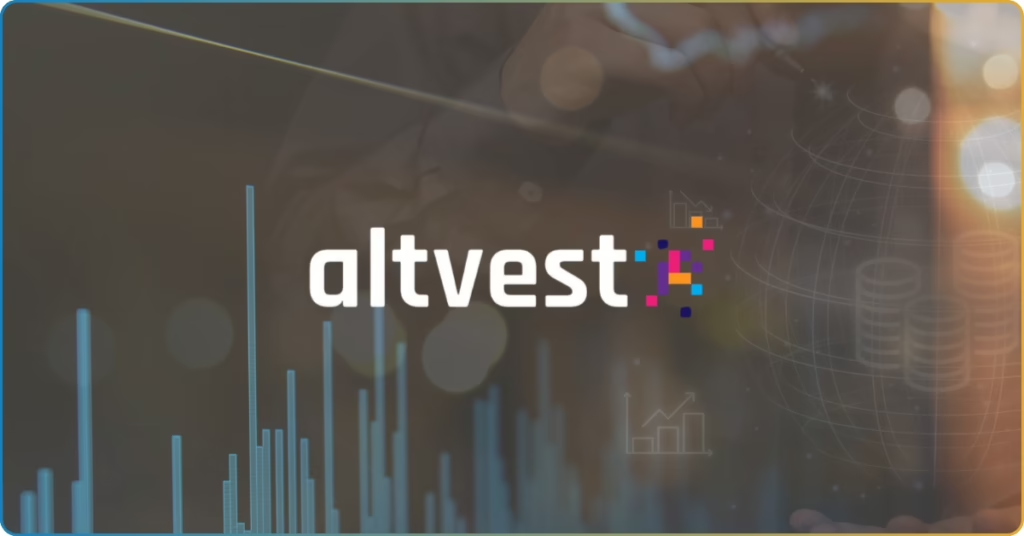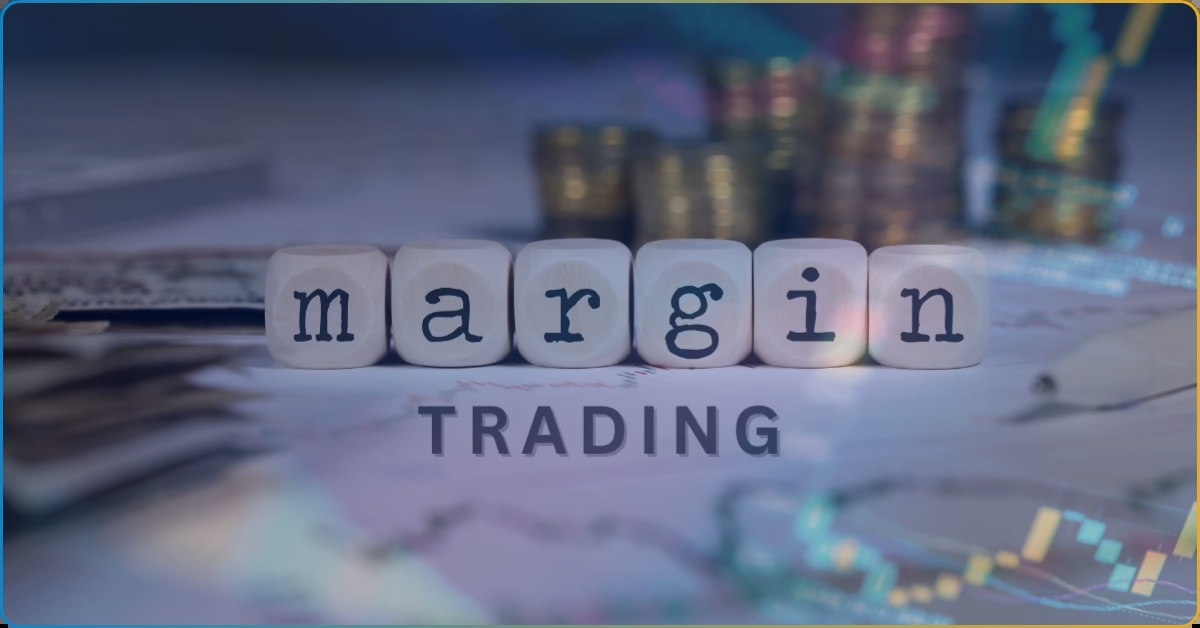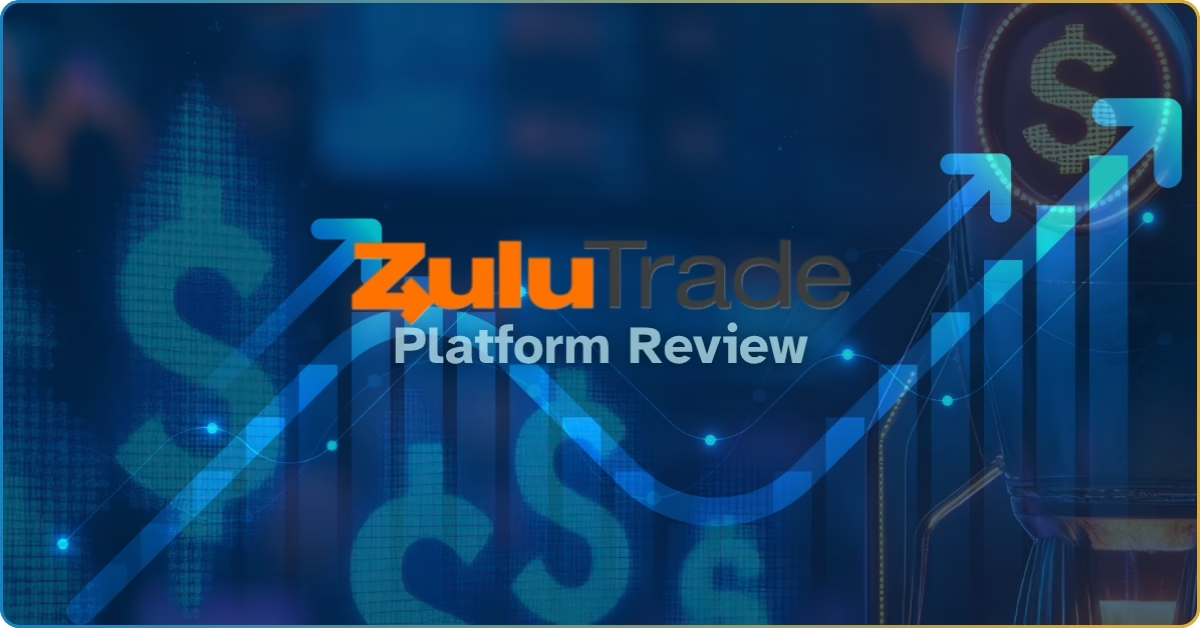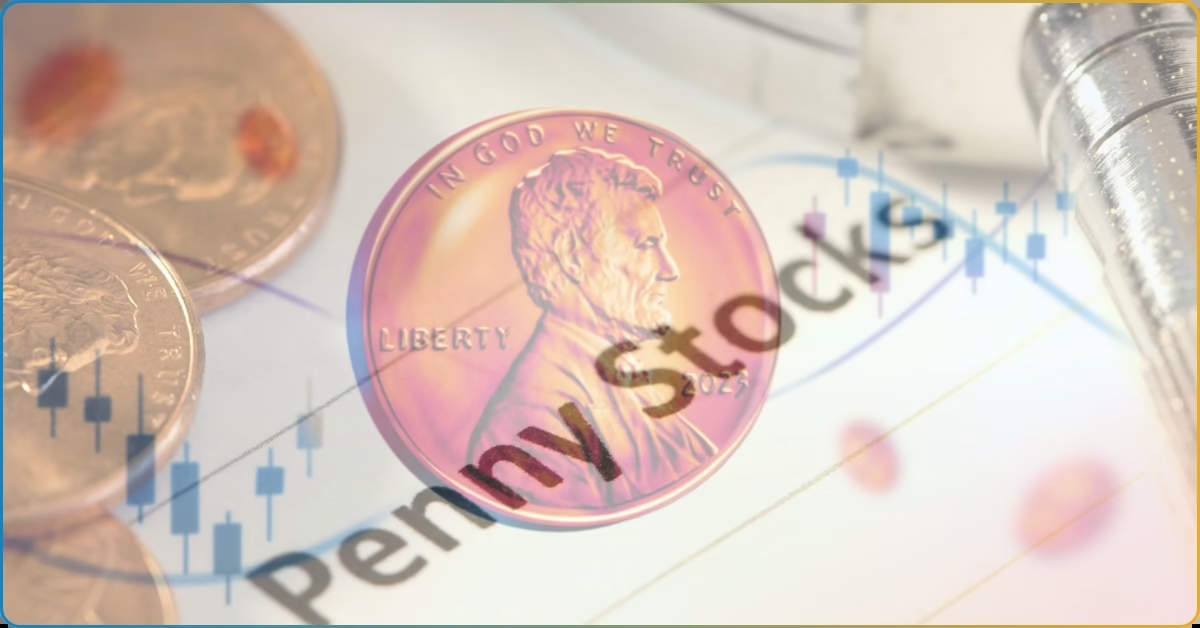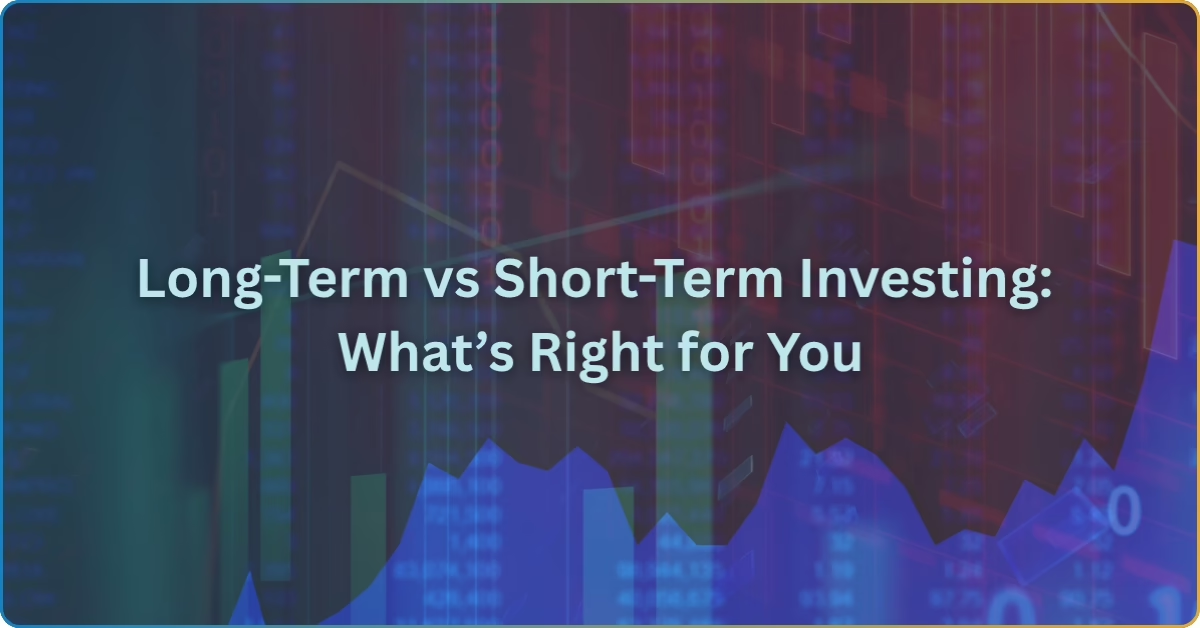Fraud has become a pervasive aspect of South Africans’ daily lives, affecting individuals and businesses alike with life-altering consequences. Last year, South Africa lost a total of R3.3 billion in fraud, undermining the economy’s growth. The fraud triangle is a powerful tool used to understand why criminals commit fraud based on their incentives, opportunities, and rationalization.
By understanding this concept, individuals, investors, businesses, and organizations can take preventive measures and protect themselves against fraud.
In this article, we’ll explain how the fraud triangle works and how it’s used and discuss how individuals can use it to protect their investments.
What is the Fraud Triangle?
The fraud triangle is a theoretical framework coined by criminologist Steve Albrecht. It was developed from research by Edwin Sutherland and Donald Cressey in the 1950s.
According to Albrecht, the fraud triangle theory states that:
“individuals are motivated to commit fraud when three elements come together: (1) some kind of perceived pressure, (2) some perceived opportunity, and (3) some way to rationalize the fraud as not being inconsistent with one’s values.”
These three points form the three corners of the “triangle”. They are a theory commonly used by banks, financial institutions, and anti-fraud professionals to explain why individuals (or companies) commit fraud.
What is Fraud?
Before discussing the fraud triangle further, let’s define what fraud is.
Fraud refers to the intentional deception caused by an individual or an organization to secure unfair or unlawful gain. With fraud, the perpetrator can only gain at the expense of others.
Related: How to Recover Scammed Money in South Africa
The common types of fraud include:
- Identity theft. Stealing someone’s personal information and using it for financial fraud.
- Credit Card Fraud. Unauthorized use of someone’s credit card information.
- Insurance fraud. Making false claims to receive insurance payouts.
- Internet fraud. Scams done online, such as phishing, selling fake goods, or pig butchering scams.
Fraud has significantly affected the global economy. In 2024, global financial losses due to fraud exceeded $1 trillion. Meanwhile, the United Nations classified internet fraud as part of “cybercrime” and regards it as a “multi-trillion-dollar business…[that] needs to address core cybercrime.”
Three Main Components of Fraud Triangle
The three main components of the fraud triangle are motive, opportunity, and rationalization.
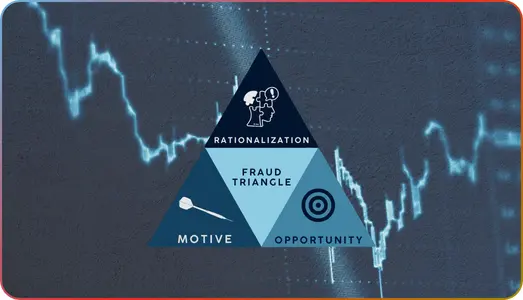
01 Motive
Motive is the pressure behind an individual or group of individuals committing fraud. It can be external pressure, for instance, a family member in urgent need of finances driving the suspect to commit crime.
On the other hand, it can also be internal pressure, like having to prove to oneself that they can fund a luxurious lifestyle and that they have to achieve this through any means.
If the motive is persistent and the pressure unresolved by logical and legal means, the individual may attempt to proceed irrationally, such as by committing fraud.
02 Opportunity
When the motive is present, the individual will look for an opportunity to commit fraud. An opportunity is an event vulnerable to crime or fraud.
A basic example of this would be leaving an inventory room unmonitored. Employees can easily take supplies or products inside the room and sell them to third parties.
Conversely, bosses who abuse their position can also create opportunities to steal from their own company.
03 Rationalization
Rationalization is the last stage of the fraud triangle theory. This stage is when the individual or group who has committed fraud will justify what they did.
Ironically, people who have committed fraud do not see themselves as criminals. Depending on their motive, some fraudsters think they are just “down on their luck” individuals trying to make ends meet, i.e., employees who commit fraud on their clients. While others think they are just “maximizing” the existing systems, i.e., superiors who commit fraud on their employees.
Example of Fraud Triangle Theory
Let’s try to apply the Fraud Triangle Theory to an actual fraud case.
The case of Jon Parker is not uncommon. Jon is a self-made and ambitious financial advisor in his mid-40s. He worked double jobs to study in college and has now built a successful career at a prestigious investment firm.
One day, his firm announced a new senior advisor. He was sure it was going to be him, based on his track record and accolades. However, it went to a newer and younger advisor who came from a rich family.
Jon was maddened and humiliated. He could not explain to his wife why he had not been chosen for the promotion. They would use the raise to fund their daughter’s college tuition.
As a result, Jon left the company and devised a Ponzi scheme, promising high returns on investments in a non-existent hedge fund. He used his charm and reputation to attract wealthy clients, convincing them to invest large sums of money.
Jon created investment reports and account statements and used the money from new investors to pay returns to earlier investors.
He and his family lived a comfortable, luxurious lifestyle until his scheme eventually unraveled when a market downturn led to losses. Unable to cover the promised returns to investors, he faced increasing pressure from clients demanding money back.
This eventually led to an internal audit that revealed his scheme, leading to a full investigation. Jon was eventually arrested with multiple counts of fraud, embezzlement, and forgery.
During the court hearings, Jon reasoned that he had no choice because big firms had no real growth opportunities.
Let’s identify Jon Parker’s motive, opportunity, and rationalization in this case.
Jon’s Motive
The motive was the failed promotion at work and the pressure to financially support his family.
While this is indicated in the sample case, pressure often builds up before a fraudster commits fraud.
Other common types of pressure include:
- Financial strain: Individuals facing debt, high living expenses, or economic hardship may feel compelled to commit fraud to meet their needs.
- Lifestyle expectations: People may want to maintain a certain lifestyle (luxury goods, vacations, etc.) beyond their legitimate income.
- Job-related pressures: Employees under extreme work stress or with unrealistic performance targets may resort to fraudulent behavior to meet expectations or gain approval.
- Addiction: Some individuals may commit fraud to fund personal addictions such as gambling, drugs, or alcohol.
Another example is an employee struggling with significant personal debt who may be tempted to steal from the company to pay off the debt. The pressure to pay off the debt is the motive or pressure behind fraud.
Jon’s Opportunity
The opportunity was that Jon, as an experienced finance advisor with access and know-how, could easily manipulate the market. Additionally, he already has contacts with wealthy clients from his previous job.
He had every opportunity to defraud them.
Other reasons for an opportunity to occur include:
- Weak internal controls: A lack of proper checks and balances in a company’s accounting system can allow an employee to manipulate financial data without detection.
- Lack of oversight: Inadequate supervision or oversight over employees, particularly in areas involving money or sensitive information, increases the opportunity for fraud.
- Access to resources: Individuals with access to large sums of money or valuable company assets may find it easier to commit fraud.
- Inability to detect fraud: In some cases, organizations fail to invest in fraud detection tools, allowing fraudulent behavior to go unnoticed.
Another example is an employee working in an accounting department who noticed that few checks are in place for processing financial transactions. This employee saw an opportunity to exploit this and embezzle funds.
Jon’s Rationalization
In our example above, we mentioned that Jon reasoned he had no choice because big firms had no real growth. Jon felt like a victim of the situation and that he had been robbed of a deserving promotion. He created reasons to make it look like he was not actually a criminal, as if to say, “I deserved that promotion and raise, and now I’m getting it.”
Rationalization allows individuals to “excuse” the crime they are about to commit by changing their perspective on it. These reasons prevent them from thinking they committed crime. Other common rationalizations include:
- “I’m only borrowing the money”: The individual may convince themselves that they will pay the money back in the future, so it’s not really theft.
- “I deserve this.” A person might feel entitled to the money or benefit because they believe they are underpaid or overworked.
- “Everyone is doing it”: The person may rationalize their behavior by believing that others in the organization are also engaging in fraudulent acts, so it’s acceptable.
- “It’s not a big deal”: Some people justify their actions by downplaying the significance of the fraud, especially if the amount stolen is small.
Here’s another example. An employee who steals from their company might rationalize by telling themselves that the company has plenty of money and won’t miss the amount they took. They may also believe they deserve the extra money because they’ve been working overtime without pay.
How to Protect Investments from Fraud
Earlier, we explored how the fraud triangle is used to identify why an individual or a company committed fraud.
Moreover, this theory can also be used to identify risk before it even happens, making it a powerful tool for investors and businesses alike.
Based on the three components of the Fraud Triangle, an investor can safeguard their investments through the following.
- Conduct thorough background checks. Before investing, ensure that the company or firm that you’re dealing with has a clear financial history. Demand any necessary paperwork and documentation
- Conduct thorough background checks. Before investing, ensure that the company or firm that you’re dealing with has a clear financial history. Demand any necessary paperwork and documentation.
- Check if brokers are required to attend ethical training. Many companies provide mandatory training on ethical behavior to employees. Make sure that your broker or account manager is of high ethical standards.
- Check if brokers are required to attend ethical training. Many companies provide mandatory training on ethical behavior to employees. Make sure that your broker or account manager is of high ethical standards.
- Review leadership culture. Leadership should demonstrate strong integrity and ethical behavior. This sets a company’s overall culture and lessens opportunities for fraud. Do a quick search on a firm’s management and track record.
- Review leadership culture. Leadership should demonstrate strong integrity and ethical behavior. This sets a company’s overall culture and lessens opportunities for fraud. Do a quick search on a firm’s management and track record.
Join the Conversation on CommuniTrade
Keep pace with trading news, industry insights, and market analysis on CommuniTrade. Pose questions, validate information, and join conversations that matter.
Get started here.

